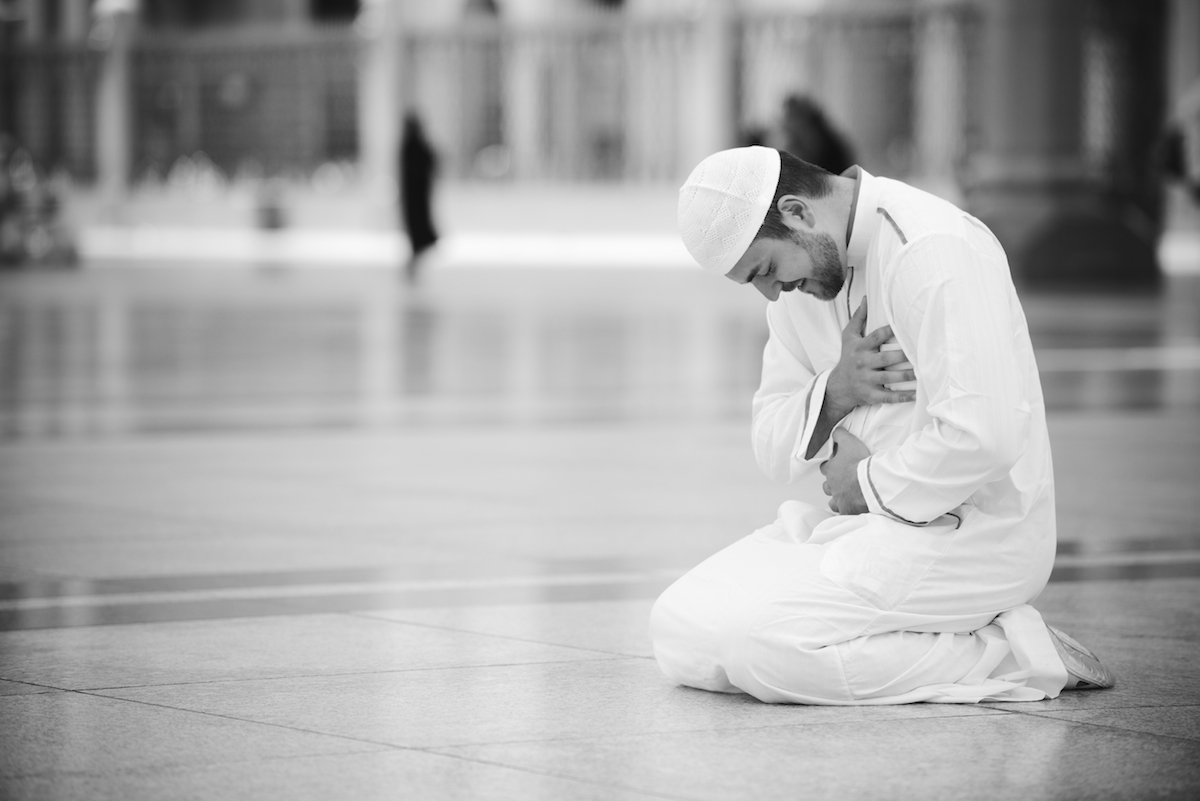
Almost two years ago, I met a refugee from Iraq. While in Iraq, his brother had been kidnapped, and his family threatened. This violence led him to question the truth of Islam and caused him to wonder why Muslims attack fellow Muslims in this way. He found a Bible and began reading. Soon, he was asking questions, and sometimes he asked those questions a bit too openly. He was labeled an infidel and shot. Ultimately, he fled his home out of fear for his life.
He made his way to Jordan, secured refugee status, and began the arduous task of seeking safety and freedom in the United States. In Jordan, he was warned that Christians in the U.S. would knock on his door to evangelize him. Secretly, he welcomed this prospect, as he wanted to hear more about Jesus.
My friend was attracted to Jesus because of what he taught. The Sermon on the Mount stood out to him. There, Jesus told his followers to “love your enemies and pray for those who persecute you” (Matthew 5 v 44). My friend responded with the same kind of astonishment that characterized the crowds surrounding Jesus in his day (Matt 8 v 28-29). He simply could not fathom a man who would teach such things. Islam had taught him to hate his enemy and to kill those who were different from him. Jesus proclaimed something radically different.
Islam had taught him to hate his enemy and to kill those who were different from him. Jesus proclaimed something radically different.
When my friend finally arrived in the U.S, he waited months for someone to knock on his door and tell him about Jesus. But, no one came. Though he lived in my city, it took an amazing series of providentially guided events for God to connect me with him. Soon we were studying God’s Word together.
After more than six months, he boldly asked, “Why can’t I be baptized?” Like the Ethiopian eunuch my friend knew it was his time. I warned him that Muslims—even here in Louisville—would call him an infidel if he was baptized. He knew better than me what that meant, yet he proclaimed, “Fine, then I am an infidel! But I really know who Jesus is.”
He was baptized and began living his life for Christ. He recently returned to Iraq to handle some business for his father. Unbeknownst to him, his mother had arranged a marriage, for she believed it was time for him to marry. When he met his fiancé, he knew he had to tell her about Jesus. But, he also knew it would not be easy. The engagement ended as soon as he proclaimed, “I am a Christian.” When his mother found out she was disappointed, but she also realized that Jesus had changed her son forever.
God brought my friend to Louisville as a refugee, and we were able to share the hope of Jesus with him. God works in many ways to lead people to saving faith, but this is the way he chose to work in my friend’s life and in mine. I do not believe our story is unique. There are many other refugees in Western nations who have come to faith or are coming to faith through the witness of their new Christian neighbors. Though they are being chased out of their homes by unrelenting violence, refugee families are being brought into peaceful homes with evangelical neighbors.
But, what will happen if we ignore them? Worse yet, what if we turn them away? What are we really saying about God’s work in the world? Can God not use hellish violence to advance his kingdom?
Some—even within evangelical churches—are saying that welcoming refugees to our cities is simply too risky. We cannot and should not ignore the risks, but where does the Bible say we are to live without risks? Indeed, followers of Christ are told they should expect risks and persecution for their witness to Jesus (John 15). His followers must be willing to plunge headlong into the task of sharing Jesus with Muslim refugee neighbors simply because Jesus is worth it!
Perhaps, rather than blaming refugees, we should ask: Where is the church? Do we love our neighbors as Jesus defined them? Do we love our enemies, do we pray for our persecutor?
Do we love the Muslim refugee next door…?
Jesus is worth it.
This article is adapted by John Klaassen and William B.
This article is adapted from Engaging with Muslims: Understanding their world; sharing good news by John Klaassen. Now you've read this post, let us know what you think. Join the conversation and comment below. You can also like us on Facebook, follow us on Twitter, and subscribe to our YouTube Channel.